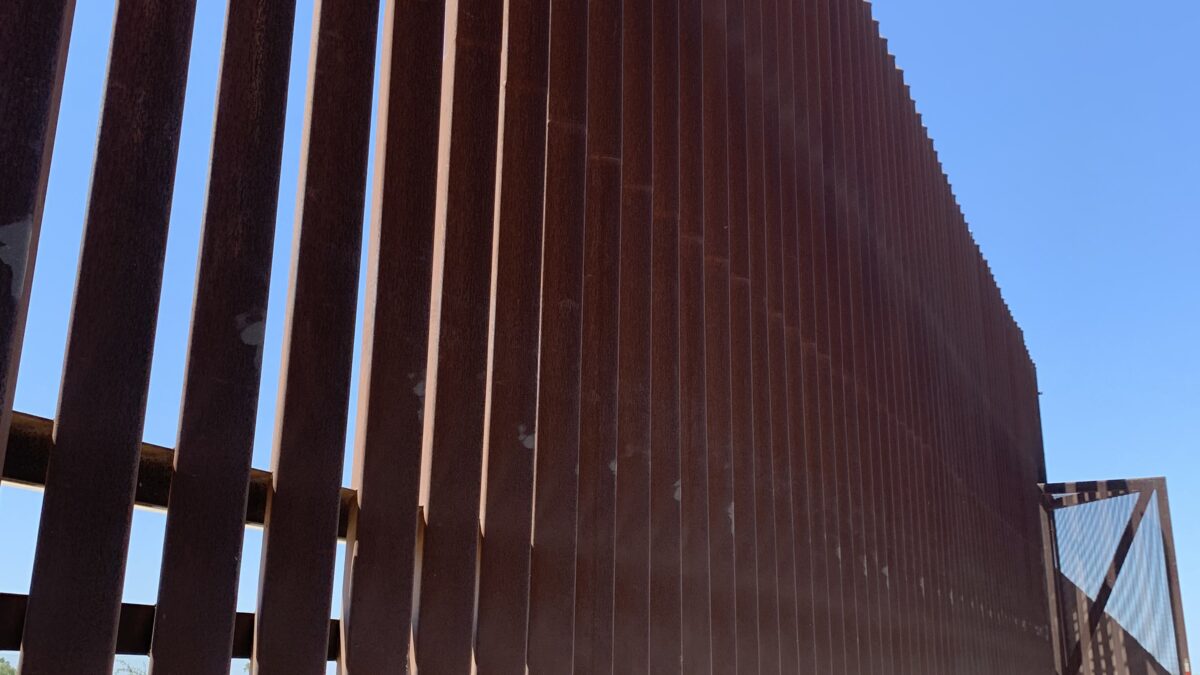Lenny McAllister and Marc LeBlond: SCOTUS ends religious discrimination in education funding
She had the look of someone who’d been on a long journey and wanted it to end.
As Kendra Espinoza waited with her daughters in the cafeteria of the Supreme Court Building, countless supporters approached with words of encouragement.
Having traveled to D.C. to watch oral arguments in the Supreme Court case Espinoza v. Montana Department of Revenue, we [McAllister and LeBlond] had unwittingly chosen seats some 10 feet from Kendra and the other plaintiffs. We asked her, “Did you expect all of this?”
Definitely not, Kendra responded. She hadn’t expected the case to be heard by the highest Court in the land. She hadn’t expected to become famous. And she was, indeed, very tired. It’s no surprise. Kendra’s been in a legal battle over her daughters’ rights to an education that meets their needs since 2015.
It started when her husband unexpectedly left, which meant Kendra could no longer homeschool her daughters. She enrolled them in the local public school, but it wasn’t a good fit. Then, she found Stillwater Christian School. It met all their needs, but she couldn’t come up with the tuition on a single income. Undeterred, she worked extra jobs, held a big yard sale, and sold handmade quilts to afford it. Her older daughter chipped in by mowing lawns to earn money.
They were barely making it.
When Kendra learned of a tax credit scholarship program recently enacted in Montana, it seemed like the answer to her prayers. Then, the state supreme court pulled the rug out from under her and thousands of families in the same boat.
Like Pennsylvania, Montana’s constitution includes a “Blaine Amendment,” which prohibits the government from giving public funds to religious schools. The Montana supreme court ruled the tax credit scholarship program gives indirect aid to religious schools and, therefore, was unconstitutional. With the help of the Institute for Justice, Kendra and two other mothers who depended on scholarships for their children’s education challenged the ruling.
READ MORE — Former police officials, now candidates, debunk the left’s efforts to defund the police
They finally have an answer. Six months after our chance meeting with Kendra, the Court has ruled the Blaine Amendment violates the U.S. Constitution by discriminating against the Espinozas and other families whose children hope to attend religious schools.
Like Pennsylvania, Montana’s constitution includes a ‘Blaine Amendment,’ which prohibits the government from giving public funds to religious schools.
As Chief Justice John Roberts wrote in the majority opinion:
“A State need not subsidize private education. But once a State decides to do so, it cannot disqualify some private schools solely because they are religious.”
Montana doesn’t have a problem taking taxpayers’ funds to pay necessary services at St. Peter’s Hospital in Helena, or St. John’s United Retirement Home in Billings. Thus, it can’t have a problem with using taxpayer funds to pay for a necessary service at religiously-affiliated schools, especially if the state is already subsidizing private education for other schools in Montana.
“I am thrilled that the courts ruled in favor of the Constitution and maintained a parent’s right to choose where their children go to school,” said Kendra Espinoza in response to the ruling.
“For our family, this means we can continue to receive assistance that is a lifeline to our ability to stay at Stillwater. For so many other families across America, this will potentially mean changing lives and positively altering the future of thousands of children nationwide. What a wonderful victory.”
What’s the significance of this ruling for families here in Pennsylvania?
Our Blaine Amendment is much narrower than Montana’s and only prohibits “money raised for the support of the public schools” from going to religious schools. Since Pennsylvania’s tax credit scholarships do not involve funds raised for public schools, they are already consistent with our constitution.
But the Espinoza ruling could help usher in new forms of school choice in Pennsylvania, such as education scholarship accounts (ESAs). By expanding options, we can ensure parents—rather than government bureaucrats—decide where children go to school.
The Espinoza decision has not only reversed the injustice of Montana’s actions against Kendra and her children, but it has begun the necessary process of healing over a century of religious discrimination. Our judicial branch has played its part in the legal process. It now rests with legislators to embrace and advance good policies, like ESAs, that will bring educational freedom to all.
Lenny McAllister is Director of Western Pennsylvania at the Commonwealth Foundation, Pennsylvania’s free-market think tank.
Marc LeBlond is Senior Policy Analyst at the Commonwealth Foundation.
To continue to receive great content such as this, please follow us on Facebook, Twitter, and Instagram!





This blog serves as a reminder to take care of our mental health and well-being Thank you for promoting a healthier and happier mindset